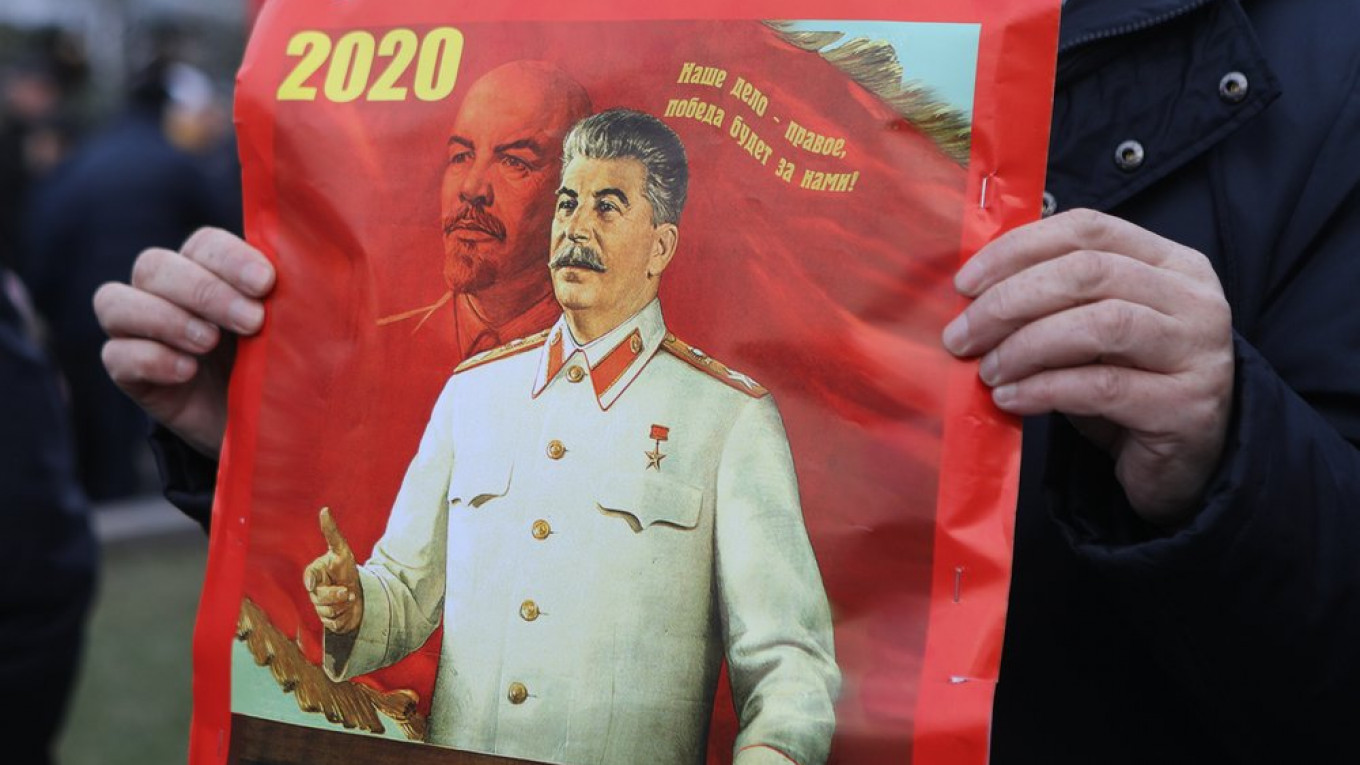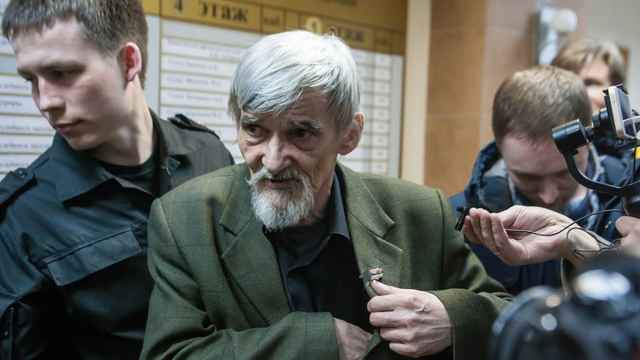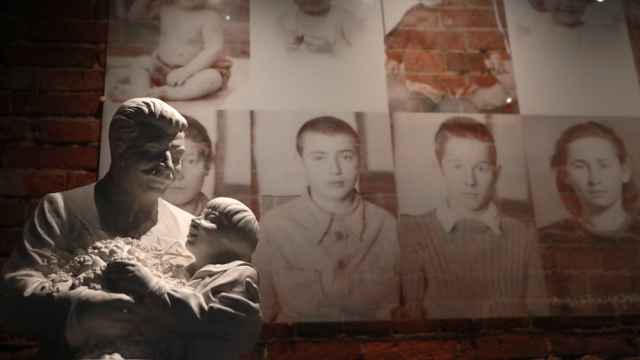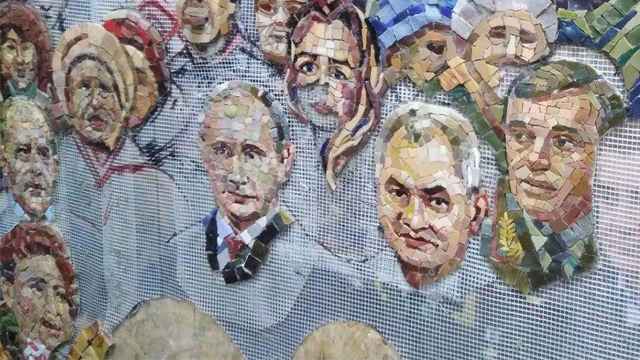This year started off quiet. Things were calm until June, when the authorities arrested Meduza journalist Ivan Golunov. Then, from August onward, they snatched up one person after another following the Moscow protests. Now, as December ends, the country is witnessing trials of political prisoners nearly every day.
What is most surprising is how Russians, after having been dealt such a rotten hand by the authorities has found the strength to go on winter vacation. This forces us to abstain from reporting on the trials of innocent people for two weeks as the prosecutors and various arbiters of fate celebrate the New Year in style. Then, with renewed strength, the state will continue putting people of conscience through its meat grinder of a justice system — a sign of what awaits Russia in the 2020s.
Some might say we devote too much attention to political prisoners. They might argue that Russia has plenty of other more pressing problems to worry about, from garbage to poverty, from corruption to inequality.
And compared to what happened in this country in the 20th century, the scale of today’s political persecution — involving only several dozen individuals — is modest.
Cynics might add that the sentences handed down are only minor irritants when compared to the draconian measures of the past. This is all true, and yet, political terror has the peculiar quality of making everyone in the country who ignores the problem — out of a desire to simply get on with their lives — accomplices to the crime.
The repressive apparatus and the all-powerful state are enabled by the masses who agree to avert their gaze at the necessary moment.
That sort of conformism is understandable and even excusable. After all, nobody is required to play the hero.
But the cynicism of the Russian courts, that publicly claim white is actually black, give a veneer of legality to all such illicit doings. If it is possible to imprison a person who has committed no crimes, and do so with the whole world looking on, they why not turn the remote town of Shies into Russia’s landfill, siphon money from the federal budget, and falsify the results of elections?
The conformists have already learned to turn a blind eye to such things, and will continue to do as needed in the future.
This year, I saw people being beaten on the streets, hordes of security forces paralyzing life in Moscow with their uniformed police cordons, and judges looking away as they delivered their blindly obedient verdicts against innocent defendants.
But even against this backdrop, it was the willingness of ordinary people to simply accept these new game rules that made the most profound impression.
Do you teach at a university? Then don’t express your opinion about the latest news. Was your colleague fired because he or she did not remain silent at the necessary moment? Then keep your head down and work on publishing an academic article instead.
Do you work in the theater? Then make sure that nothing that could be construed as criticism of the ruling authorities ever appears onstage. Don’t you realize that, at this critical juncture for Russia, the people need to be unusually careful?
Most of our contemporaries did not live through the Stalin era, and many are too young to remember former Soviet leader Yury Andropov.
However, when dark political clouds appear on the horizon, the Russian people almost instinctively begin marching in lockstep to their collective doom. To acknowledge that political catastrophe unfolding in this country is to risk your career, standing in society, and possibly, your personal freedom.
This catastrophe is so obvious that real effort is required to pretend nothing is wrong. A future generation of historians and anthropologists might be baffled as to how a chilling collective silence descended not once, but twice in the very same country.
Only those who refuse to fear speak their minds. They are the best of the 20-somethings, those who stand alone against an impenetrable phalanx of security officers, latter-day Komsomols, and corrupt officials. Which side will control this country in the 2020s?
A Russian version of this article was first published in Novaya Gazeta.
A Message from The Moscow Times:
Dear readers,
We are facing unprecedented challenges. Russia's Prosecutor General's Office has designated The Moscow Times as an "undesirable" organization, criminalizing our work and putting our staff at risk of prosecution. This follows our earlier unjust labeling as a "foreign agent."
These actions are direct attempts to silence independent journalism in Russia. The authorities claim our work "discredits the decisions of the Russian leadership." We see things differently: we strive to provide accurate, unbiased reporting on Russia.
We, the journalists of The Moscow Times, refuse to be silenced. But to continue our work, we need your help.
Your support, no matter how small, makes a world of difference. If you can, please support us monthly starting from just $2. It's quick to set up, and every contribution makes a significant impact.
By supporting The Moscow Times, you're defending open, independent journalism in the face of repression. Thank you for standing with us.
Remind me later.








